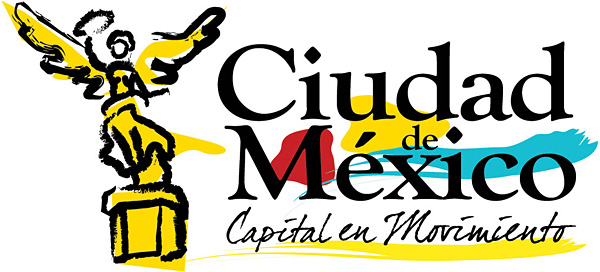- Home
- Reporting entities
- City of Grenoble
City of Grenoble
France Mayor: Eric Piolle-
Population 158346

-
Area 18.13km 2
-
GDP N/AN/A
-
Targets by N/A N/Aemission
Targets by City of Grenoble
There are no targets yet
- Start year:
- Type: Policy/Strategies/Action Plans
- Status:
Within the framework of its local policy, the city of Grenoble leads, since 2008, the "Grenoble, Facteur 4" action plan, which aims at favouring sustainable development through innovation and consciousness raising efforts. Aspiring to divide by four greenhouse gas emissions by 2050, Grenoble has anticipated the European target of the "Three 20" as for the national expectations of the "Grenelle de l'Environnement". Thanks to this policy, Grenoble intends to support sustainable development through several means.
Reduce 2012: 100 000 tCO2 base 2005
- Residential
- Transport

- Start year: 2012
- Type: Technical/Infrastructure investment
- Status: In operation
A 160-km heating network connects the region and investments
were made to convert its central boiler stations from
coal to biomass fuels, which led from 200g content in 2008
to 137g content per kwh in 2011

- Start year: 2012
- Type: Technical/Infrastructure investment
- Status: In operation
In order to extend public transportation services throughout
the metro area, Line B is currently being expanded and Line
E is being created. Line B expansion represents 1.6 km of
new track that connects 15,000 jobs and 3500 residents;
Line E extends 11.5 km and is expected to serve 45,000
passengers yearly.
- Transport

- Start year: 2011
- Type: Technical/Infrastructure investment
- Status: Completed
The city of Grenoble is on the cutting edge of residential
thermic rehabilitations through its operation of OPATB
Grands Boulevards. The metro area has rolled out MUR
MUR, an even more important operation, which offers support
to property owners based on energy efficiency levels
and whose final goal is building renovation. Seventy-one
Grenoble condominiums representing 3188 households,
have joined the plan since its launch; 43—covering 2005
households—remain active.
- Buildings

- Start year: 2012
- Type: Policy/Strategies/Action Plans
- Status: In operation
Grenoble’s water supply comes from aquifer-extracted water
captured in systems located in a neighboring local jurisdiction.
The Isles du Drac Natural Regional Reserve was
created to protect those capture systems.

- Start year: 2012
- Type: Technical/Infrastructure investment
- Status: In operation
Currently community agents maintain 254 hectares of
greenspace whose trees are a rich repository of over 342
different species and varieties whose diversity has been energized
in the last seven years by means of 72 additional
species. The city continued its efforts toward sustainable
public space management and effectively reached its “zero
phytosanitary products” target.

The City of Grenoble has reported 1 government operational inventory, since 2013. In its latest inventory, compiled in 2013, the are identified as key emission sources.
Mayor Eric PiolleCity of Grenoble, France


